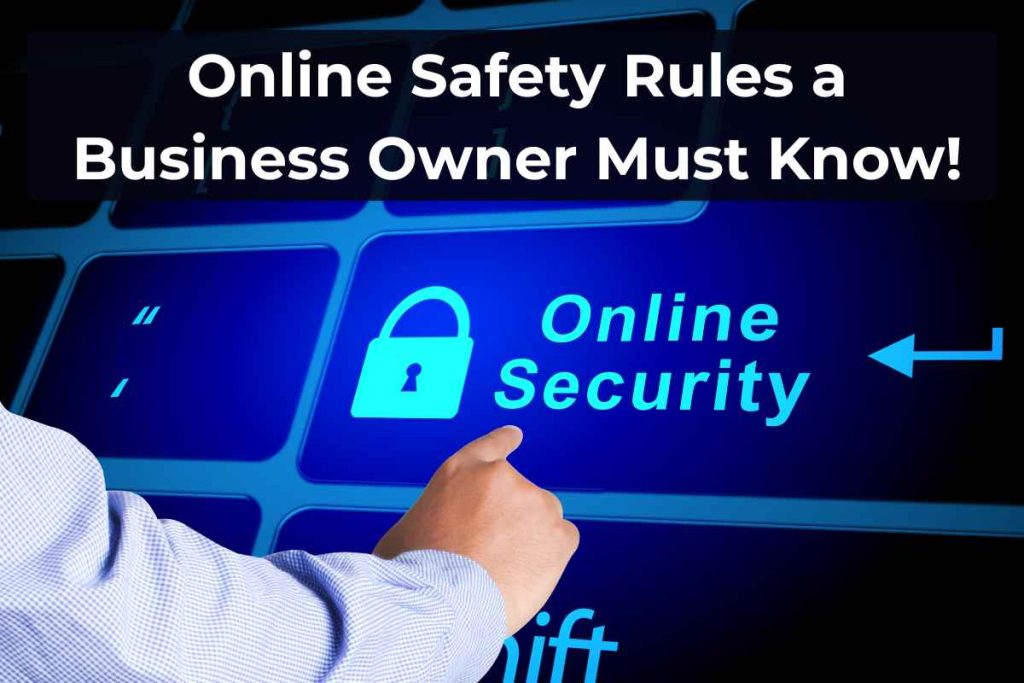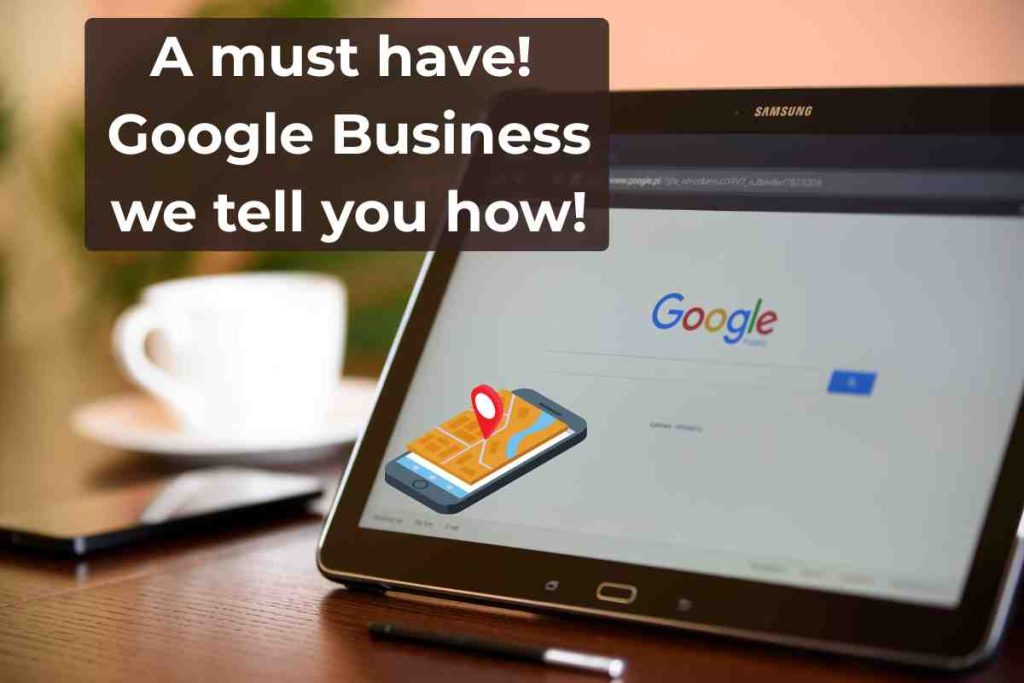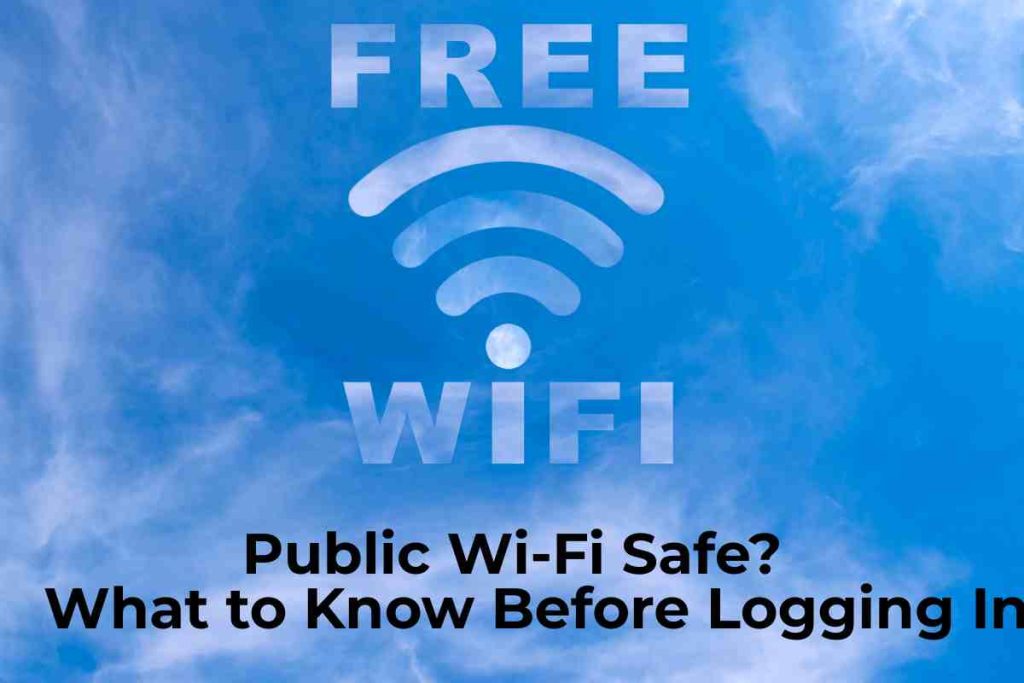Rules that Every Business Owner Should Know and Do!
Running a business online is exciting — but it also comes with risks. From protecting your personal information to keeping your business data secure, online safety isn’t optional — it’s essential.
In this post, you’ll learn simple, practical tips that every business owner should follow to stay safe, protect their brand, and keep personal life… personal.
1. Separate Business and Personal Accounts
✅ Use different email addresses, phone numbers, and logins for your business and personal life.
Don’t mix personal WhatsApp with your business number.
Avoid using your personal email (like Gmail) for business transactions or invoices.
Why it matters: If your business contact info becomes public (which it should), your private details stay protected.
2. Be Careful What You Share Publicly
It’s tempting to post behind-the-scenes or personal updates — but always pause before you share.
🚫 Avoid posting:
Home address or exact location
Personal family photos on public business pages
Your travel plans or when you’re away from home
💡 Tip: Use a delay — post after you’ve returned, not while you’re still out.
3. Protect Your Passwords (Seriously)
Use strong, unique passwords for every account — especially for:
Email
Website logins
Payment systems (PayPal, Stripe, etc.)
Consider using a password manager like Bitwarden, 1Password, or LastPass. And never reuse the same password across platforms.
4. Enable Two-Factor Authentication (2FA)
This adds a second layer of security, usually a code sent to your phone or app. Even if someone steals your password, they can’t log in without the second step.
🔐 Use 2FA for:
Gmail/Outlook
Social media accounts
Website admin dashboards
Cloud storage (Google Drive, Dropbox)
5. Use a Business Email with Your Domain
Instead of using personal email (like yourname@gmail.com), use something like info@yourbusiness.co.za.
Why?
It looks more professional
It’s easier to manage and protect
You control the hosting, not Google
6. Don’t Click Suspicious Links — Even From People You Know
Phishing scams are getting smarter. You may receive emails or messages that look legit, but they’re fake.
🚩 Warning signs:
Poor spelling or grammar
Strange-looking URLs
Unexpected attachments
If in doubt, don’t click — confirm with the sender first.
7. Be Mindful of What’s Public on Your Website
What do your contact or About pages show?
✅ Good to include:
First name or title
Business number
Business location (general)
🚫 Risky to include:
Personal mobile numbers
Full residential addresses
Detailed biographies that give away personal schedules or lifestyle details
8. Keep Software and Plugins Updated
Outdated websites are one of the biggest hacker targets.
✅ Regularly update:
Website CMS (like WordPress, Joomla, etc.)
Plugins and themes
Antivirus software on your devices
Updates often contain security fixes — don’t ignore them.
9. Secure Your Devices and Backups
Use screen locks and PINs on your phone/laptop
Set auto-lock timers for when you’re away
Back up your business data regularly to cloud or external drives
If your device is stolen or damaged, your business doesn’t stop.
10. Keep Your Personal Identity Safe From Your Brand
When building a personal brand, it’s easy to overshare. But balance is key.
✅ Use a business nickname or brand name (like “Mellow Mel”)
✅ Create a business persona that reflects your values, not your entire life story
✅ Set boundaries: not everything needs to be online
Remember: you can show your personality without showing your private life.
Final Thought
Online safety is about respecting your own privacy and protecting what you’ve built. A few smart habits can save you from headaches, financial loss, or even identity theft.
Take your time, go through the steps, and secure your digital life — both as a business owner and as you.















